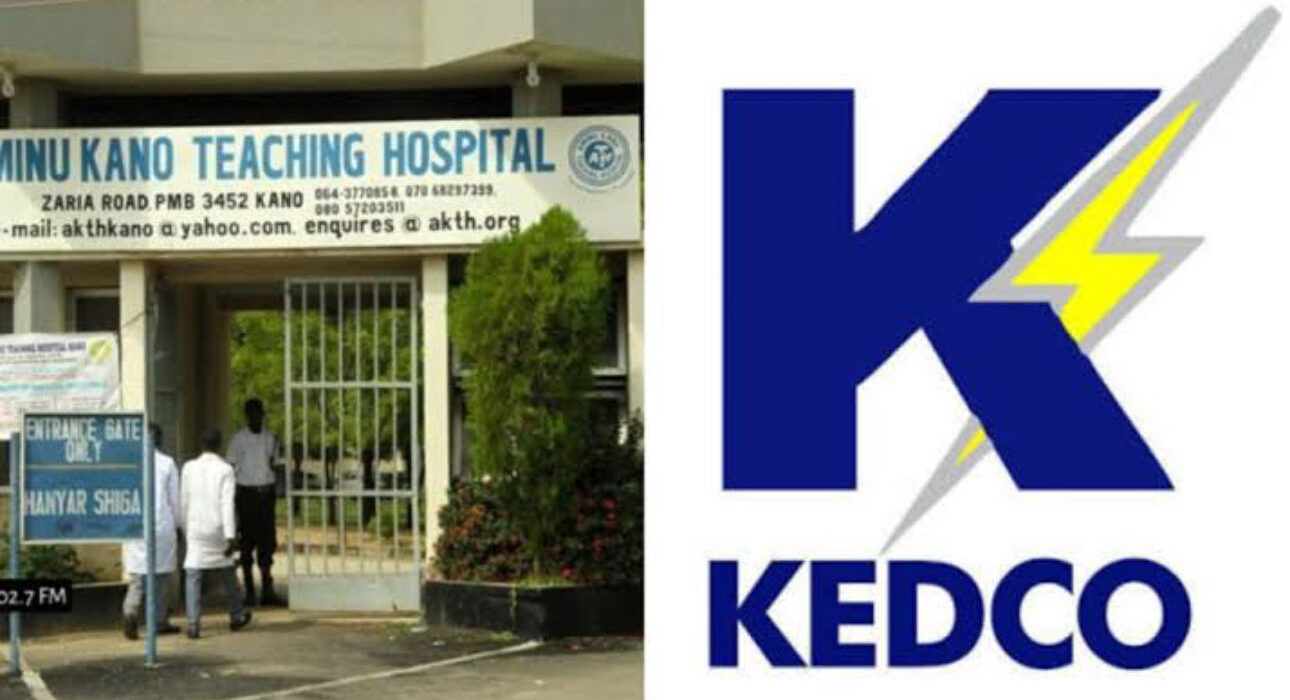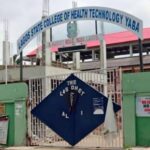KEDCO, Kano Hospital Clash Over Electricity Debt as Patients’ Lives at Risk

The Aminu Kano Teaching Hospital (AKTH) has raised the alarm over the disconnection of its electricity supply by the Kano Electricity Distribution Company (KEDCO), citing fears that critically ill patients in intensive care could lose their lives if power is not restored urgently.
The hospital management disclosed that KEDCO cut off its power supply due to unresolved debts, a situation that has worsened operations across wards, laboratories, and surgical units.
Although exact figures vary, reports suggest the outstanding bill runs into hundreds of millions of naira, with some claims pegging it at about N949.88 million.
AKTH explained that it had been struggling to meet its electricity obligations, relying heavily on internally generated revenue to settle bills while also spending huge sums on diesel to fuel backup generators. The cost of keeping vital units like the ICU, operating theatres, and neonatal sections powered has become overwhelming, leaving the institution vulnerable to disruptions.
In a statement, hospital officials said patients on life-support machines were already endangered by the outage.
“We fear many ICU patients will die if power is not restored immediately,” the management warned, urging KEDCO to consider the humanitarian consequences of its action.
Efforts to get an official response from KEDCO have so far been unsuccessful, but industry watchers note that electricity distribution companies are under pressure to recover debts amid rising tariffs and liquidity crises in the power sector.
The development has sparked outrage, with health advocates and residents calling on both the federal and state governments to intervene. They argue that while hospitals must pay for services consumed, life-saving institutions should not be left entirely at the mercy of disconnections that could result in avoidable deaths.
Nigeria’s health sector has long grappled with unreliable power supply, forcing hospitals to spend heavily on diesel and maintenance of standby generators.
Experts say the AKTH crisis highlights the urgent need for a special electricity tariff framework for critical facilities such as hospitals, schools, and waterworks.
As negotiations continue, the fate of many vulnerable patients hang in the balance, with calls mounting for a quick resolution that balances the hospital’s financial obligations with the sanctity of human life.









